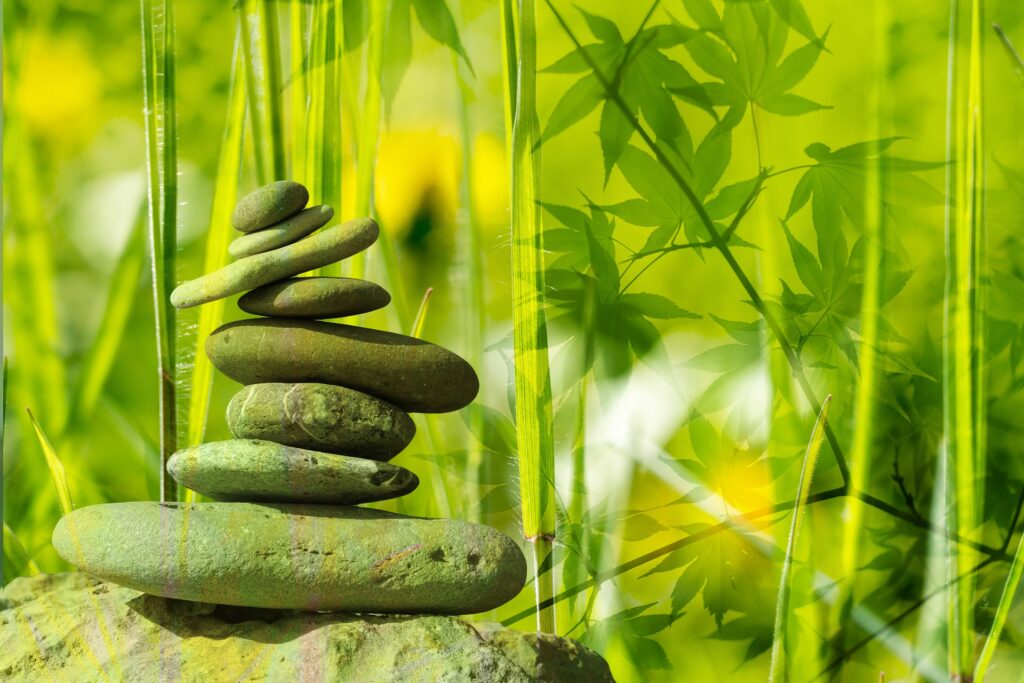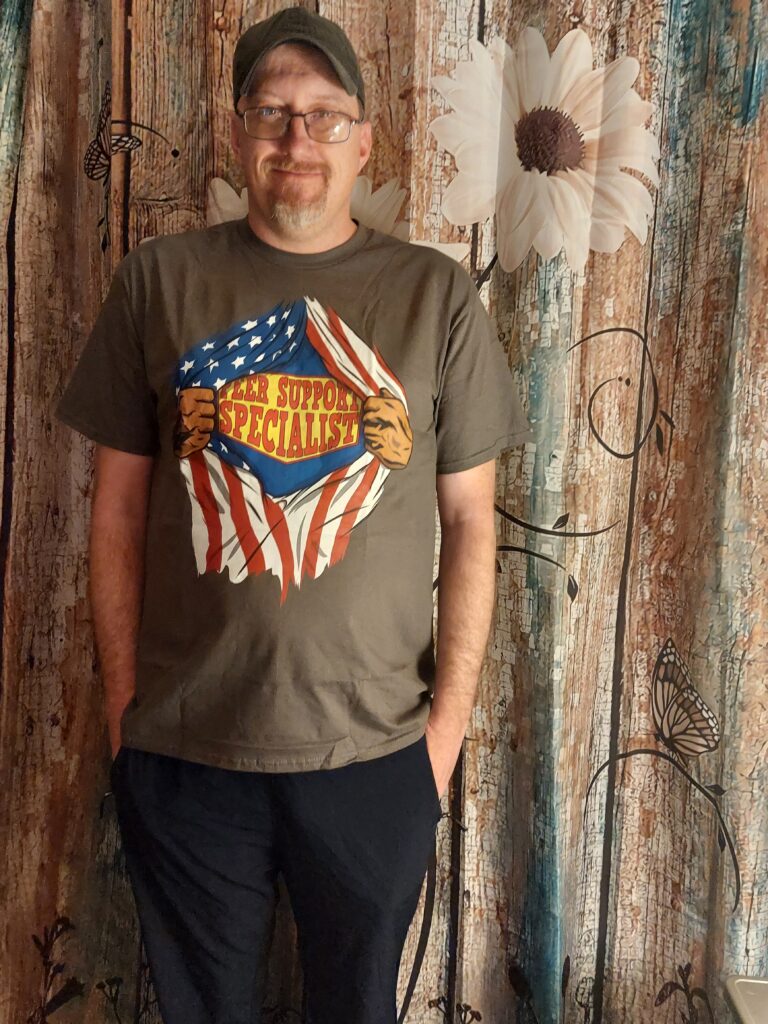(This article is an informational and personal experience article only. If you have any symptoms or questions related to your health, talk to your neurologist, nurse, or local doctor first. This post contains affiliate links. As an Amazon Associate, I earn from qualified purchases.)

Wellness tools & coping skills
While being a peer support specialist and a person who has dealt with epilepsy for the last 34 years I learned about wellness tools & coping skills and the difference between the two.
The tools I am talking about are tools you use to cope with trauma-causing events and situations in life. It is good to keep track of what wellness tools work for you and know the difference between wellness tools and coping skills.
Wellness Tools
Wellness tools are used to cope with trauma-causing events and situations in life like coping skills, but unlike coping skills, wellness tools are used for wellness and nothing else. The name explains that the tools are for your wellness. Making that those tools have only positive effects.
Wellness tools are things such as journaling, exercise, meditation, going to a therapist, and spending time with family members and friends. There is no end to what you can use as a wellness tool.
Wellness tools are things such as journaling, exercise, meditation, going to a therapist, and spending time with family members and friends. There is no end to what you can use as a wellness tool.
The status of wellness tools changes as time goes on. It is helpful to keep a record of them and to change the record if a wellness tool doesn’t work anymore or turns into a trigger that may cause you emotional problems and be a new source of your trauma.
Together both coping skills and wellness tools are used for recovery. The difference is that, unlike coping skills, wellness tools are positive tools with only a positive result and no negative side effects.
Coping Skills
Coping skills are resources you use or activities you do to cope with trauma-causing events and situations. Coping skills are things like exercising, talking with family or friends, spending time with pets, taking walks, and sometimes negative result-causing activities, objects, and actions.
The catch to coping skills is it can also be things such as drinking alcohol too much or doing drugs such as opioid addiction, cocaine, meth, and or heroin. Coping skills also can be things like abusing yourself like cutting, self-injury, and self-harm
The key thing is to always evaluate the action you plan to do in response to trauma, or special events and see if it fits in as a wellness tool or just a coping skill.
(This is an informational and personal experience article only and it is best to talk to your neurologist, nurse, or local doctor for more specific information on your diagnosis.)

John is a person who has been diagnosed with epilepsy since the age of 8. John has been a certified peer recovery specialist in the state of Iowa since 2019. John also has training in ASIST (Applied Suicide Intervention Skills Training). John is an advocate for epilepsy and mental health. John’s blog is to help fellow people like John diagnosed with epilepsy and mental on their road to recovery.
John loves art, comics (Marvel especially), and the UI Hawkeyes. John lives in a small town with his 3 furry brothers Louie and Mario. (Dogs) and Leo (Cat)
(This article is an informational and personal experience article only. If you have any symptoms or questions related to your health, talk to your neurologist, nurse, or local doctor first. This post contains affiliate links. As an Amazon Associate, I earn from qualified purchases.)
